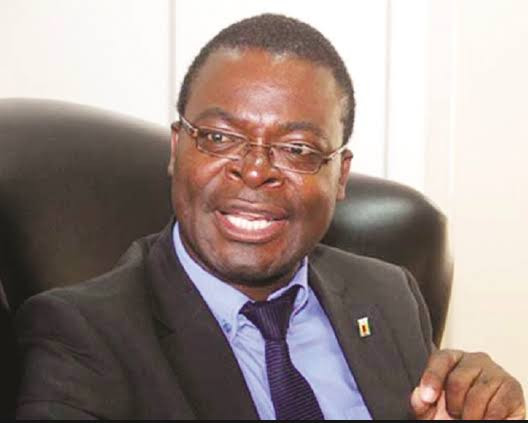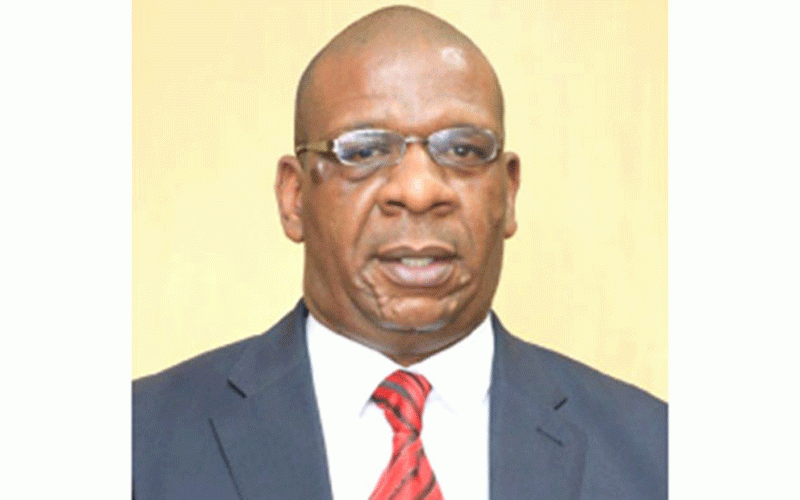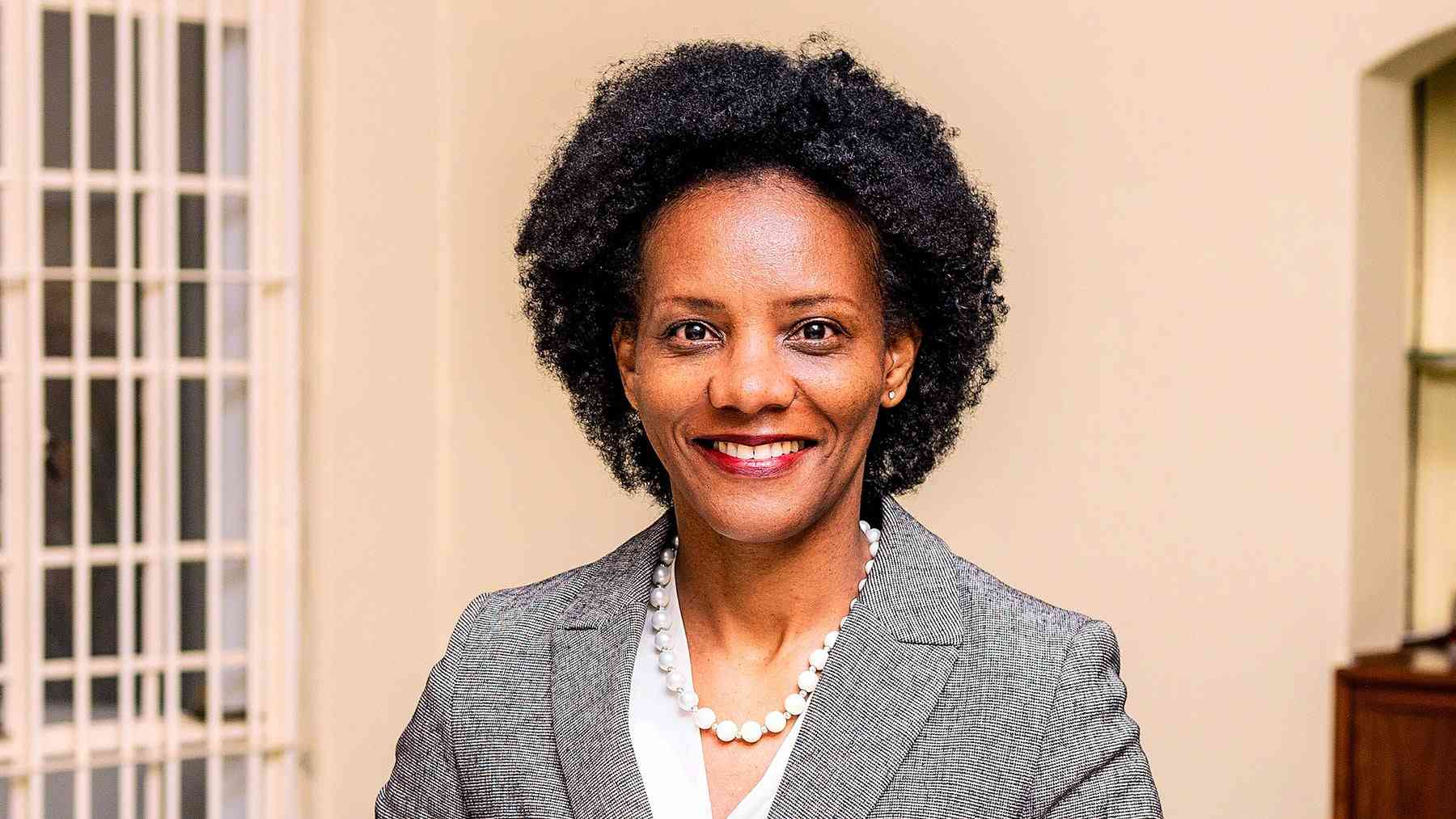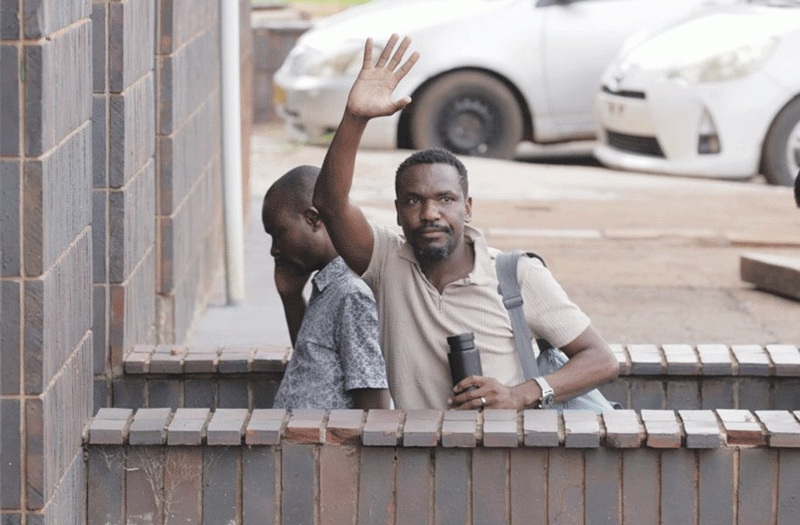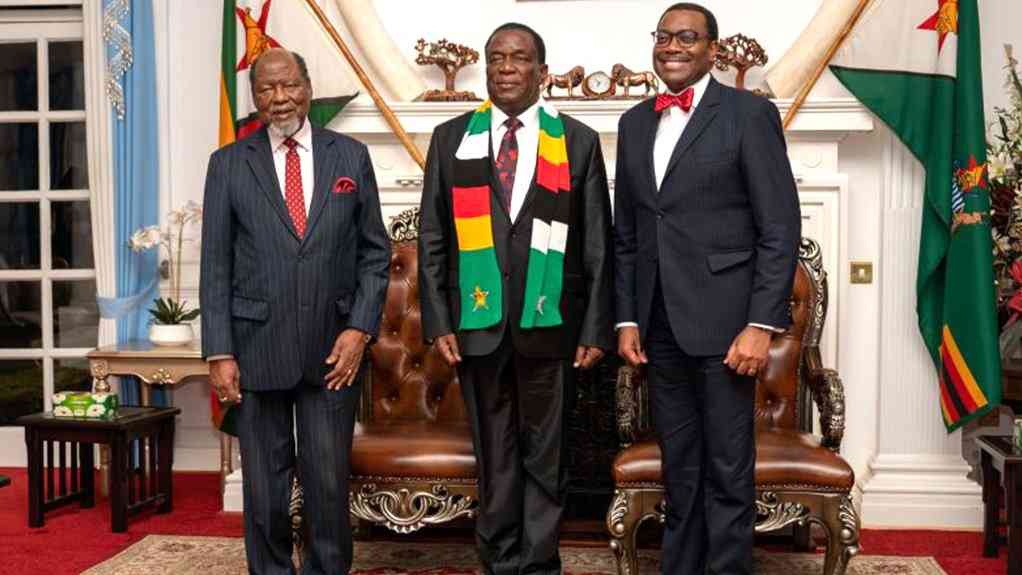
SEVERAL adverse reports issued by regional and international election observer missions after last month’s polls could throw president Emmerson Mnangagwa’s re-engagement drive into jeopardy, political analysts and leading economists warned this week.
Mnangagwa polled 52,6% of the vote on August 23, while his closest rival Nelson Chamisa garnered 44%.
But Chamisa, who heads the Citizens Coalition for Change (CCC), rejected the results claiming Mnangagwa and the ruling Zanu PF leveraged on the power of incumbency to win the polls.
Southern African Development Community (Sadc), African Union (AU) and the European Union (EU) observer mission preliminary reports cast doubts over the poll’s credibility.
But during his address to the United Nations (UN) general assembly this week, Mnangagwa said Zimbabwe’s polls were free and fair, as he continued his global offensive to convince world leaders that the country was carrying out reforms.
“I am pleased to highlight that our country enjoyed peace before, during and after our free, fair, transparent and credible elections,” Mnangagwa said, before hitting out at a 23 year long embargo for destroying the economy.
“Zimbabwe has been under the illegal, unilateral sanctions for 23 years . . . these sanctions were designed to subjugate the sovereign will of the people of Zimbabwe.”
The Zimbabwean leader has taken a completely new trajectory since coming to power in 2017, implementing a campaign to re-engage with western powers following decades of isolation.
- Chamisa party defiant after ban
- Village Rhapsody: How Zimbabwe can improve governance
- News in depth: Partisan police force persecutes opposition, shields Zanu PF rogue elements
- Chamisa chilling death threat bishop defiant
Keep Reading
He has also rolled out a campaign to drum up foreign direct investment inflows.
But in the aftermath of the ‘disputed’ polls, he faces another uphill task of convincing world leaders that Zimbabwe is ready to embrace reforms and reintegrate into the global community.
In an interview with the Zimbabwe Independent this week, Gift Mugano, executive director at Africa Economic Development Strategies, said under the Zimbabwe Democracy and Economic Recovery Act (Zidera) legislated in 2023, the US clearly spelt out what Harare must do to end its international isolation.
“When you look at Zidera, the issues that are at the centre of Zimbabwe’s stand-off with the US are that we need to respect the rule of law, human rights and constitutionalism,” Mugano said.
He said Zimbabwe should pay its US$14 billion foreign debt to lenders, including the World Bank and the Paris Club, in order to access fresh lines of credit.
The country owes a combined US$17,5 billion in debt, which was last week estimated by the CEO Africa Roundtable to be trending at a debt to gross domestic product ratio of about 90%, one of region’s highest.
“We need to clear the debt. “When you listen to what the African Development Bank (AfDB) has said, it is singing from the same hymn book (as Western powers). We failed the test on elections. They were not free and fair,” Mugano noted.
Last year, Zimbabwe appointed two facilitators to lead its debt clearance drive, who in May laid out tough political and economic reforms that Harare has to achieve in order to regain international confidence.
The processes are being championed by AfDB president Akinwumi Adesina and former Mozambican president Joaquim Chissano.
During negotiations in May, Adesina and Chissano indicated that the debt clearance plan would only be viable if Zimbabwe deals with concerns over a series of factors, including political and electoral reforms, before warning leaders that the world was watching, and Zimbabwe must work with everyone.
Chissano and Adesina wanted Zimbabwe to make firm undertakings for holding free and fair elections from this year and beyond, while making sure conditions set under the Zimbabwe Democracy and Economic Recovery Act (Zidera) are also met.
Mugano’s views were shared by Persistence Gwanyanya, a leading economist and member of the Reserve Bank of Zimbabwe’s monetary policy committee, who called on Zimbabwe to deal with the election concerns in order to regain the confidence of global markets.
“If the political question, the election question, is not resolved it presents downside risks for the country,” Gwanyanya told an Institute of Internal Auditors annual conference in Victoria Falls last week.
Stephen Chan, a professor of world politics at the University of London's School of Oriental and African Studies, said without legitimacy, Zimbabwe will continue to be isolated.
“I have never seen such critical observer reports. Only countries with "pre-arranged" electoral outcomes like Belarus applauded the Zimbabwean electoral process. So Mnangagwa finds himself a President without credibility,” he observed.
“He will remain President…but as a democracy, Zimbabwe is now seriously tainted. All Mnangagwa can do is to seek to reduce the sting of criticism by making overtures to the CCC as to some formal and visible participation in government.”
Mnangagwa was inaugurated a few days after the polls on September 4 during a ceremony attended by three heads of state, namely Cyril Ramaphosa of South Africa, Felix Tshisekedi of the Democratic Republic of Congo and Filipe Nyusi, the Mozambican president.

